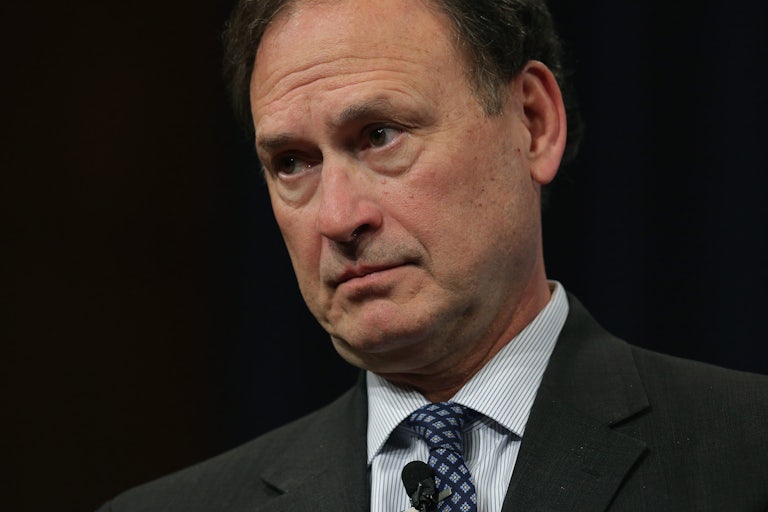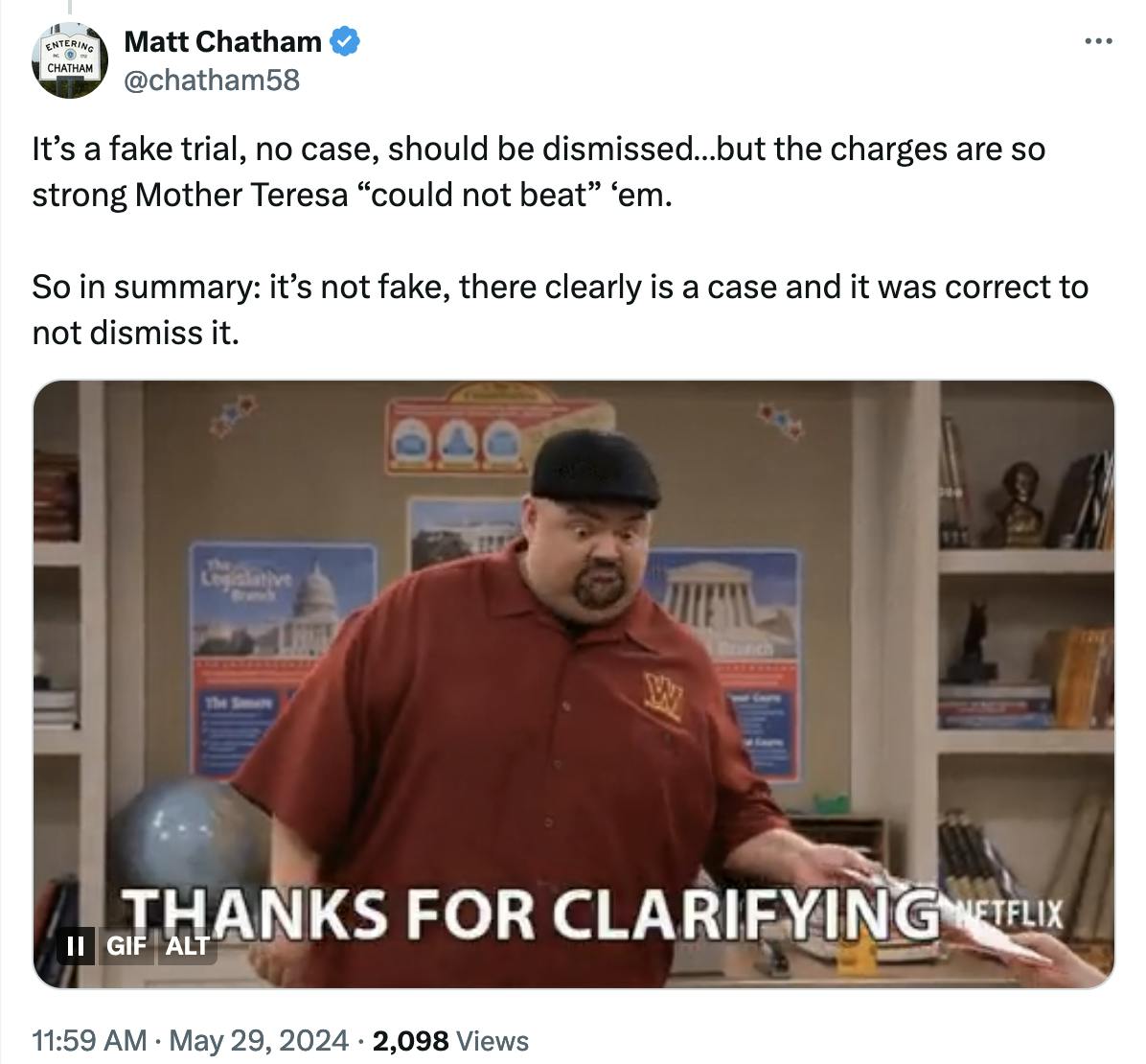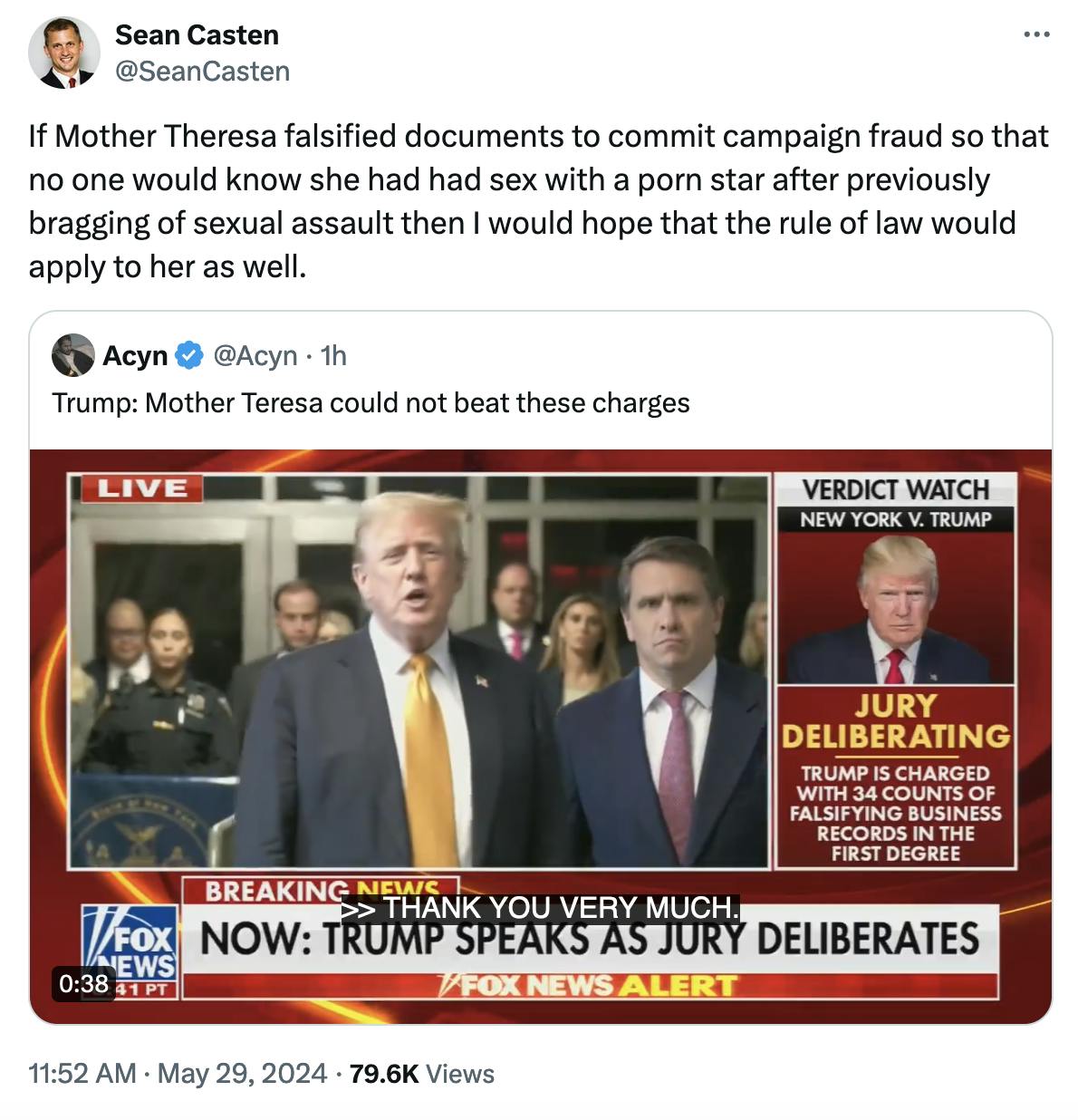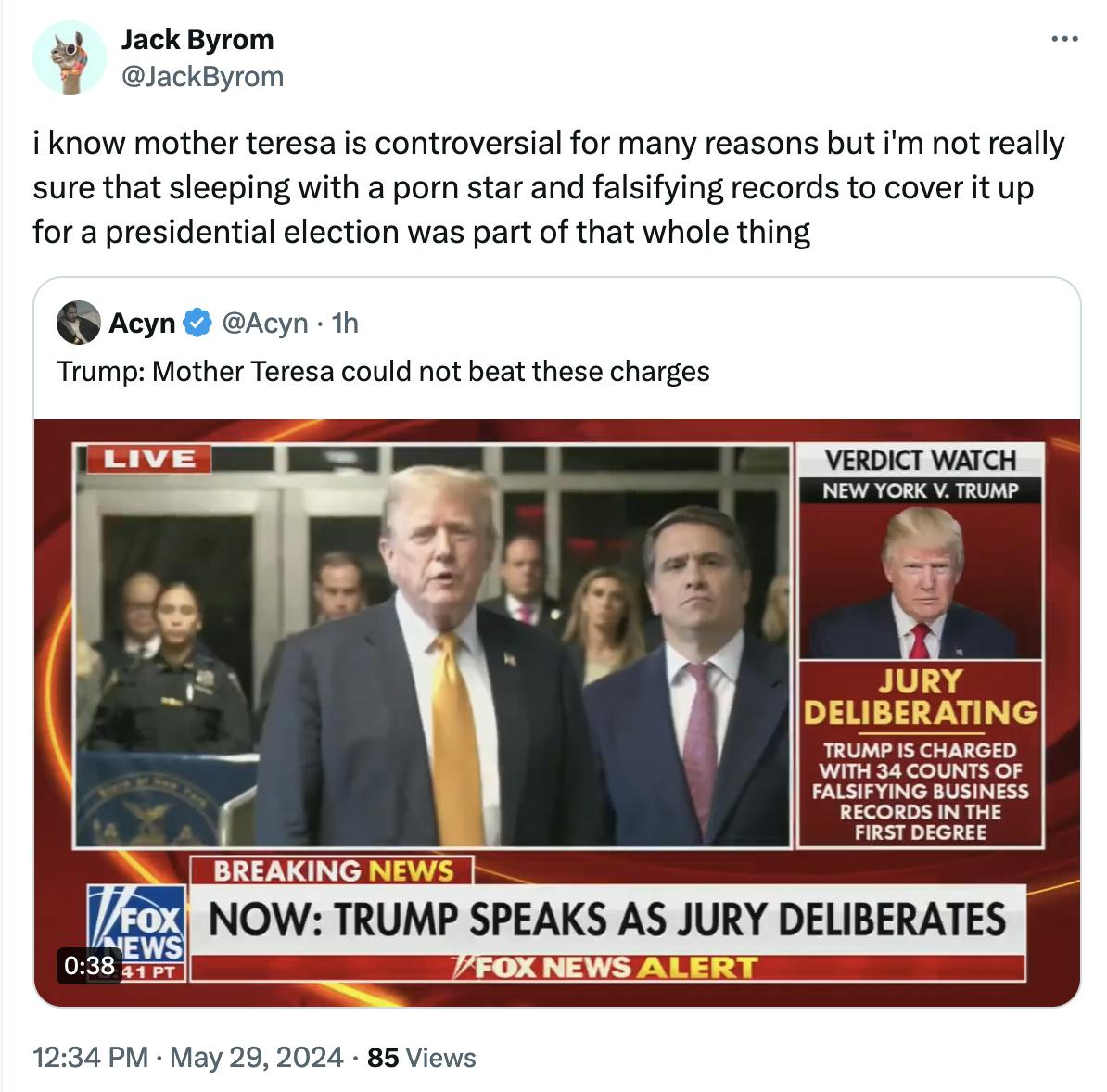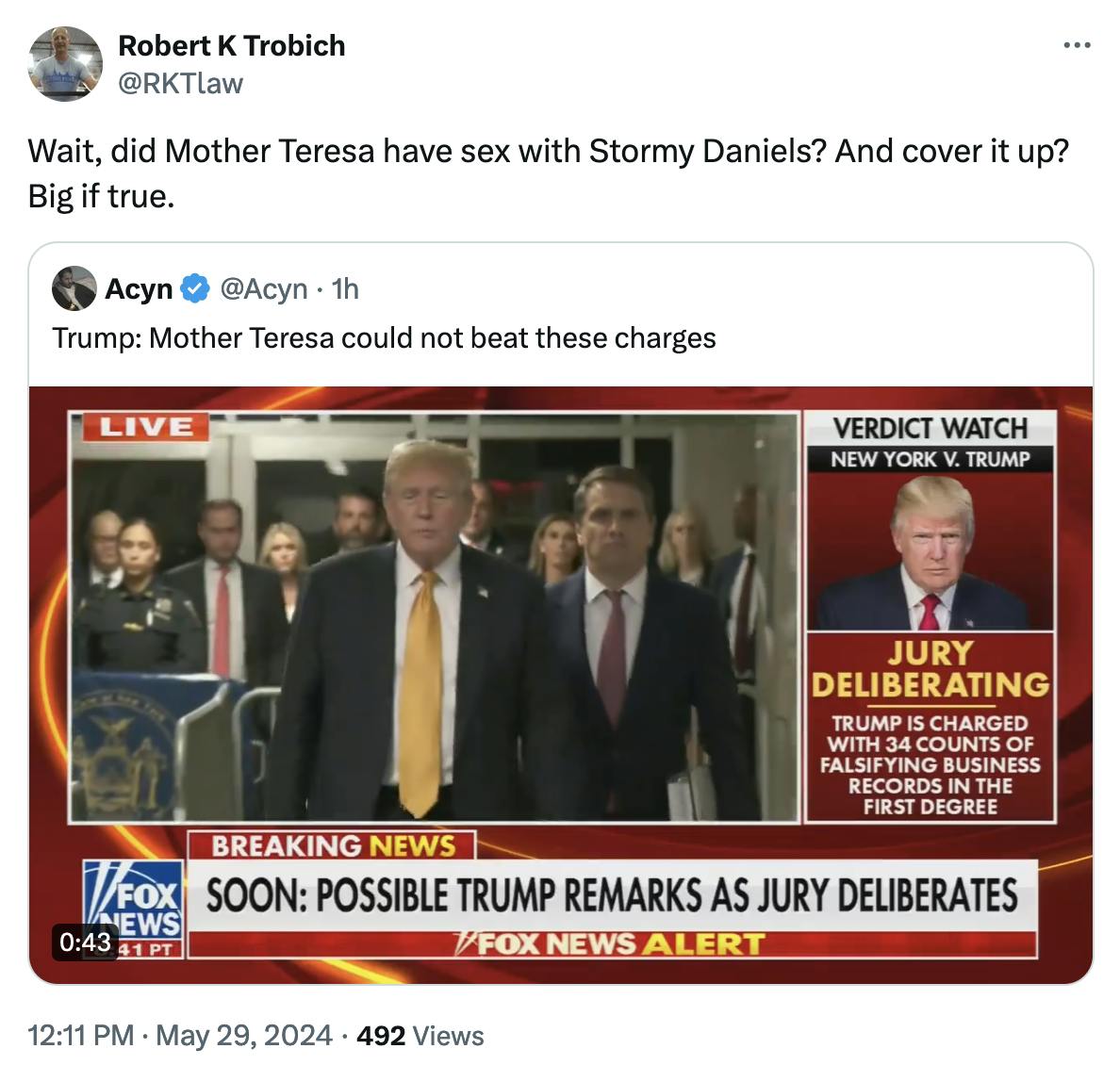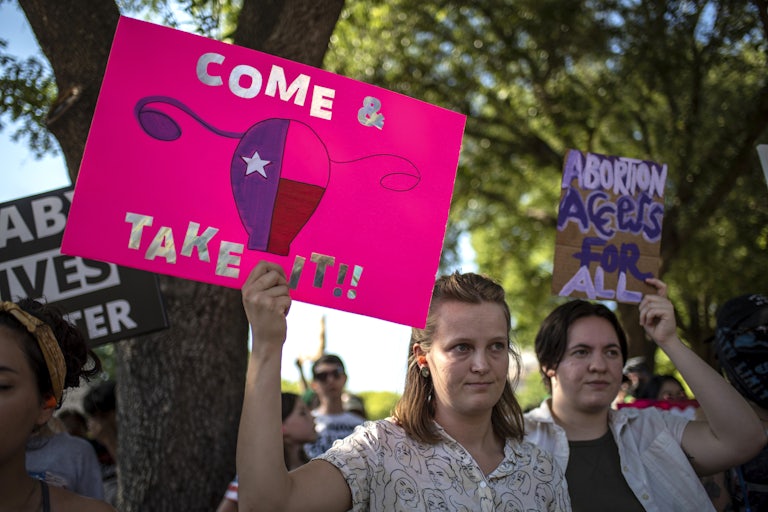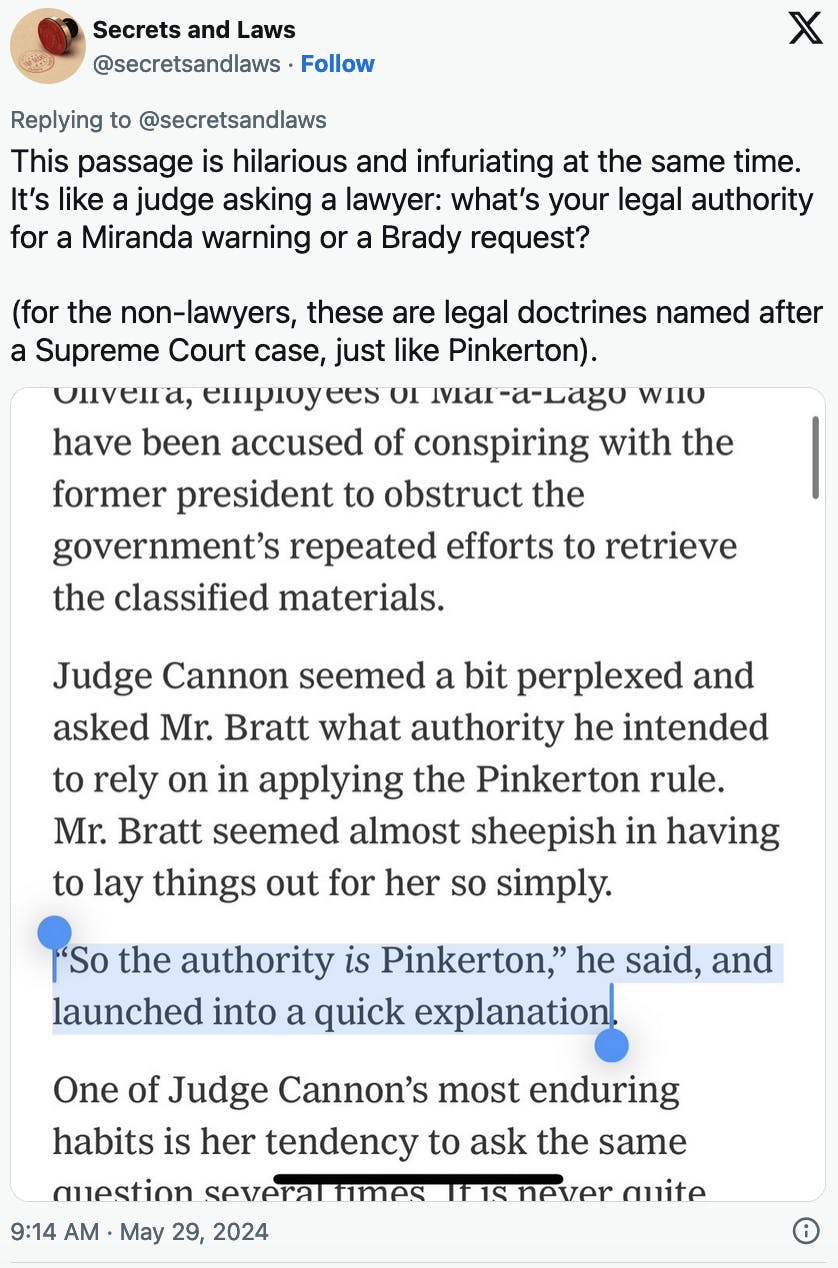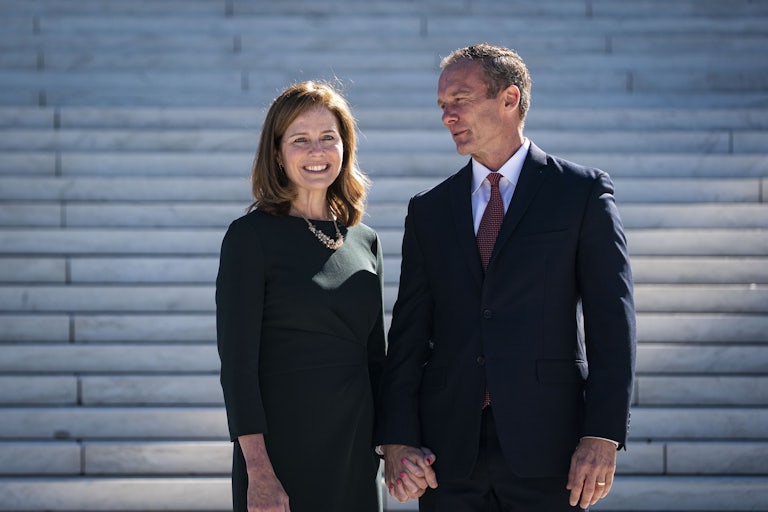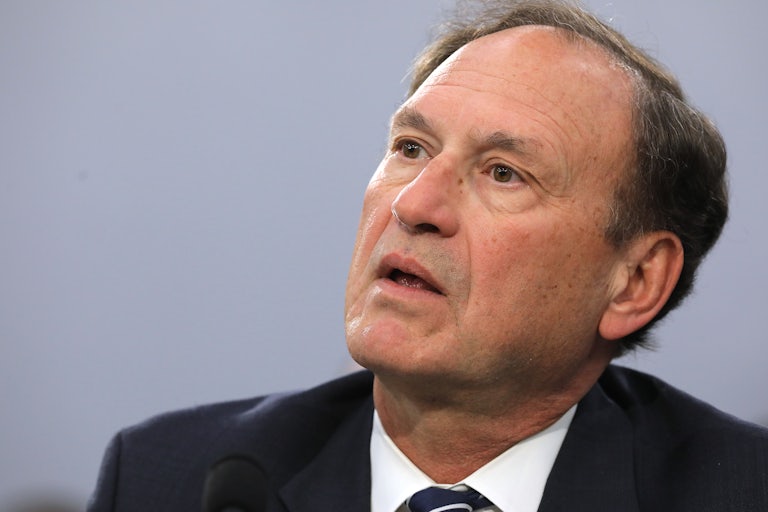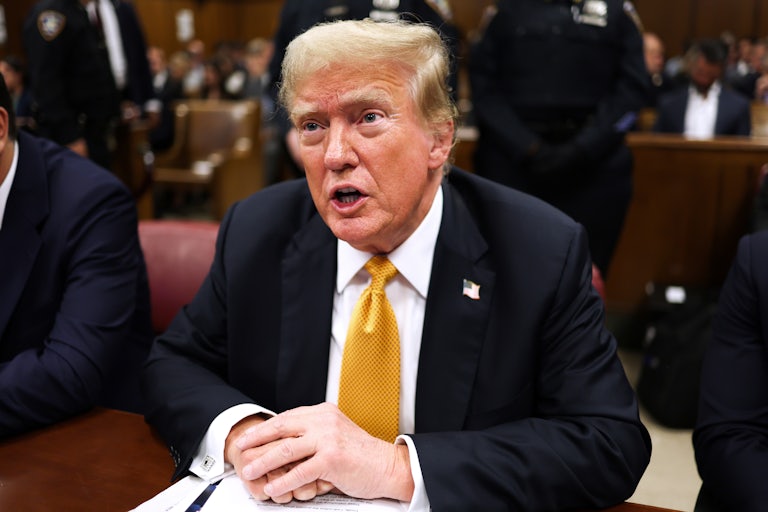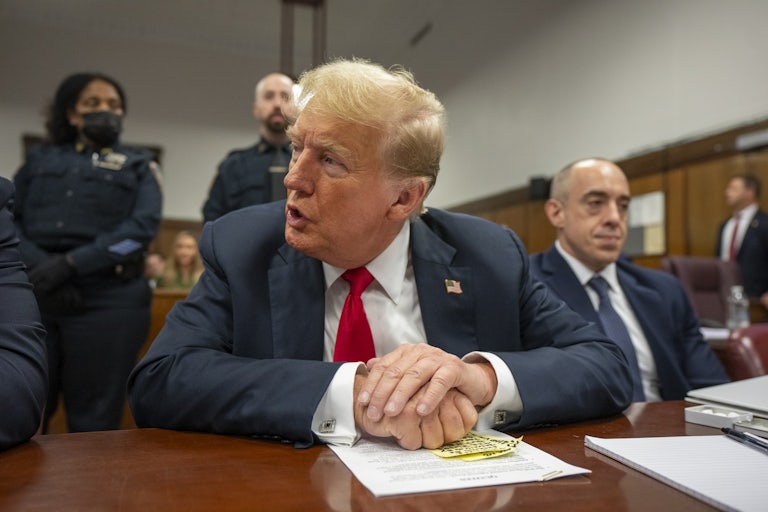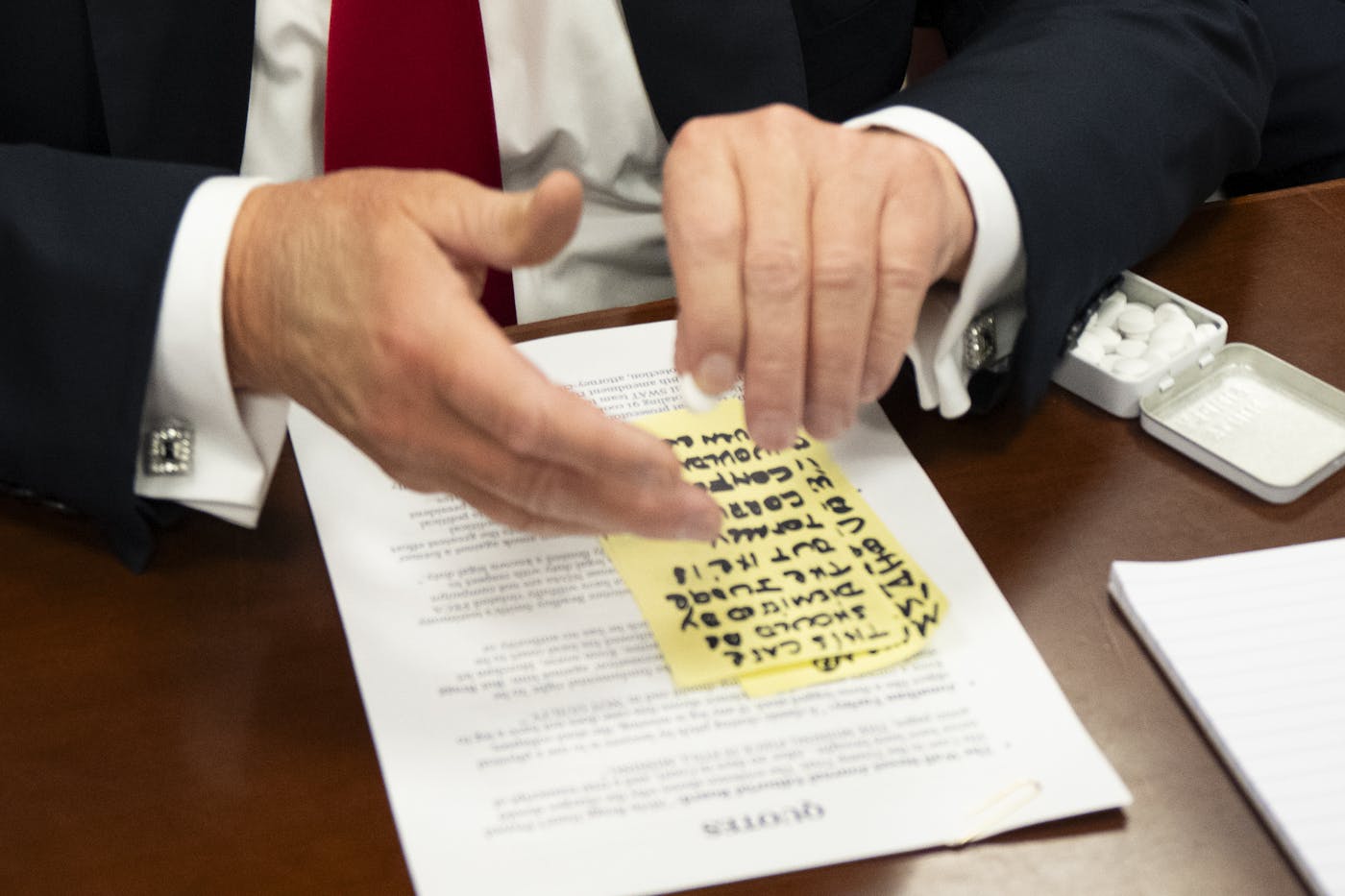Louisiana Republicans Just Made Covering Police Brutality a Crime
Police in the state can now arrest people who don’t stand more than 25 feet away from them while they are on duty.
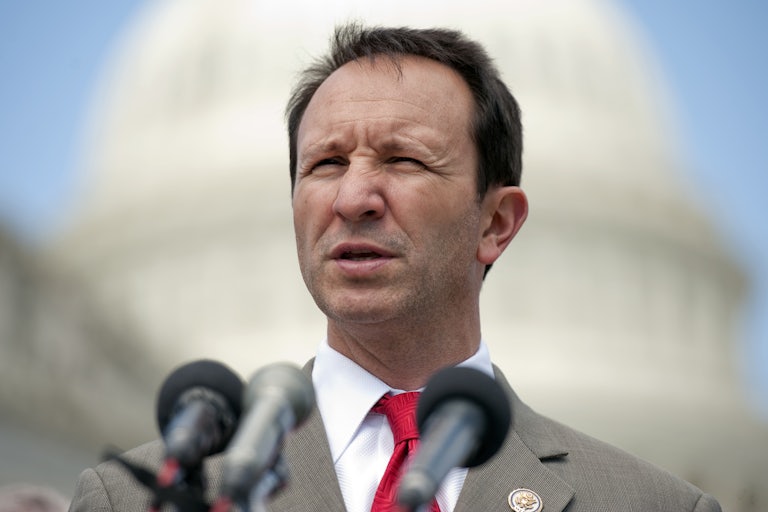
Louisiana Governor Jeff Landry signed a law on Wednesday that has the potential to limit the ability to observe and record police activity.
Louisiana House Bill 173 will create a 25-foot buffer zone between civilians and police officers who are “lawfully engaged in the execution of [their] official duties,” stripping away possible accountability measures in the event of police brutality.
“No person shall knowingly or intentionally approach within [25] feet of a peace officer who is lawfully engaged in the execution of his official duties after the peace officer has ordered the person to stop approaching or to retreat,” the law reads.
While the distance may not seem unreasonable, human rights organizations such as the American Civil Liberties Union argue that the law is a massive breach of the U.S. Constitution and the public’s First Amendment rights.
Similar, less restrictive laws have been struck down in other states. In 2022, a legal challenge brought by 10 media organizations and the ACLU against Arizona House Bill 2319 effectively ended a law requiring an eight-foot buffer zone between observers and police, with a federal court noting that it “fails to see how the presence of a person recording a video near an officer interferes with the officer’s activities.” The ACLU also sued Indiana last year for enacting a nearly identical law, which the organization argued had criminalized the “public’s most effective tool for shining a light on police misconduct.”
But restricting police transparency wasn’t the only right-wing policy win in the slew of bills Landry signed Tuesday. The governor also signed into law Senate Bill 276, reclassifying abortion drugs such as misoprostol and mifepristone as Schedule IV drugs under the Uniform Controlled Dangerous Substances Act. Despite calls from doctors who argued the anti-abortion law would make prescribing the drugs more difficult in critical health emergencies, Landry insisted that the policy would serve as a “protective measure” to ensure the safety of the women of Louisiana, reported The Advocate.

